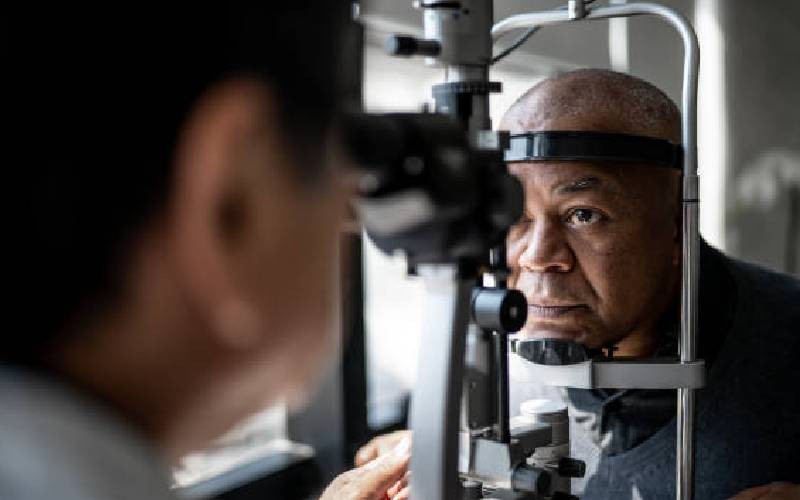×
The Standard e-Paper
Smart Minds Choose Us

Being able to predict your risk of heart disease in less than a minute without any blood tests or blood pressure checks is now possible thanks to a ground-breaking development.
Using a new AI-powered algorithm, cardiovascular events can now be predicted through an eye scan, signifying a potential departure from traditional diagnostic methods like CT scans, MRIs and X-rays.